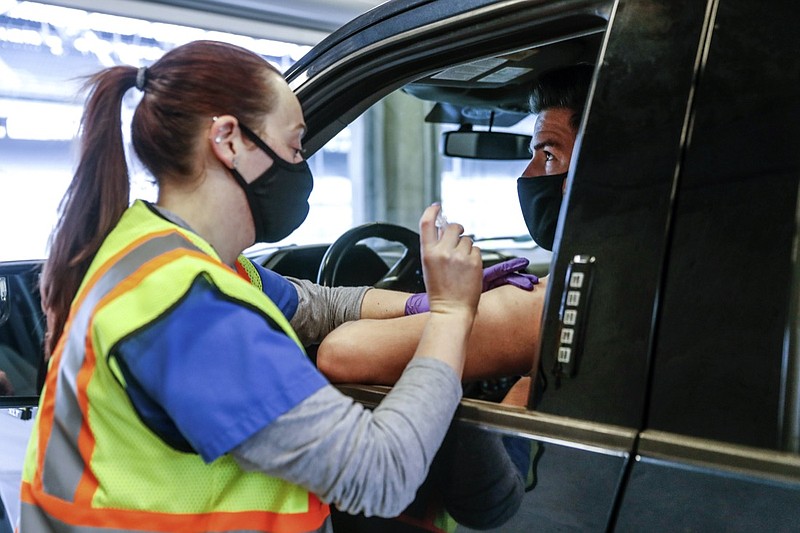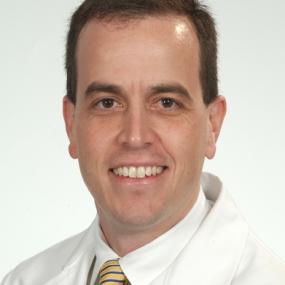Q: Do I need to get my second COVID-19 vaccine shot?
A: The Hamilton County Health Department is continuing to provide first and second doses of the Pfizer vaccine to all eligible residents. An estimated 32% of eligible residents are now fully vaccinated and are considered well protected against SARS-CoV-2.
Some residents, however, have not returned for their second dose and are considered only partially protected. Hamilton County's no-show rate, the lowest in the state, is at 8%, which is similar to the national average of 8-10% (accounting for roughly 5 million people across the country). These numbers are double what they were at the beginning of the year.
Understanding why people miss their second dose will be key to optimizing the vaccines' effectiveness. In a recent survey published in the New England Journal of Medicine, only 44% of surveyed participants felt that they would have strong protection against COVID-19 one to two weeks after receiving their second dose, while 20% believed that they would have strong protection after their first dose.
Several recent real-world studies evaluating the effectiveness of COVID vaccines showed that protection is significantly better after receiving the second dose. One study evaluated the infection rates of health-care workers not vaccinated, partially vaccinated and fully vaccinated. When comparing infection rates in those partially vs. fully vaccinated, those who were fully vaccinated showed an infection rate of 0.05% compared to 1.82% of those who were partially vaccinated - a 36-fold difference in protection for those who had completed their vaccine series compared to those that were only partially vaccinated.
Another study, done in Israel, evaluated several outcomes (asymptomatic infection, symptomatic infection, hospitalization, severe disease and death) of those not vaccinated, partially vaccinated and fully vaccinated. This study also showed that people who were fully vaccinated were significantly less likely to have any of the outcomes evaluated than those who were partially vaccinated.
The Centers for Disease Control and Prevention recently reported that the vaccine was 94% effective against COVID-19 hospitalizations among fully vaccinated adults and only 64% among partially vaccinated adults 65 years and older. Finally, studies evaluating COVID-neutralizing antibodies produced after first vs. second dose show significantly more after the second dose than the first. This last point is important, as other studies have shown that the more COVID antibodies a person has, the more likely they are to be protected against variants.
What the data show is that those who have not returned for their second dose should consider completing the series to have the most protection from the vaccines. To be considered on time, second doses can be given up to six weeks (or 42 days) after the first dose, but can still be given any time after that.
The Hamilton County Health Department does not require appointments to its vaccination sites and provides transportation to those who need it. Additionally, hours have been extended and pop-up events are planned to increase opportunities to get a vaccine. For information on vaccine site hours and pop-up sites, go to the Hamilton County Health Department's COVID website (health.hamiltontn.org) or call the COVID Hotline at 423-209-8383.
Fernando Urrego, M.D., is the interim health officer at the Chattanooga-Hamilton County Health Department and a member of the Chattanooga-Hamilton County Medical Society.

